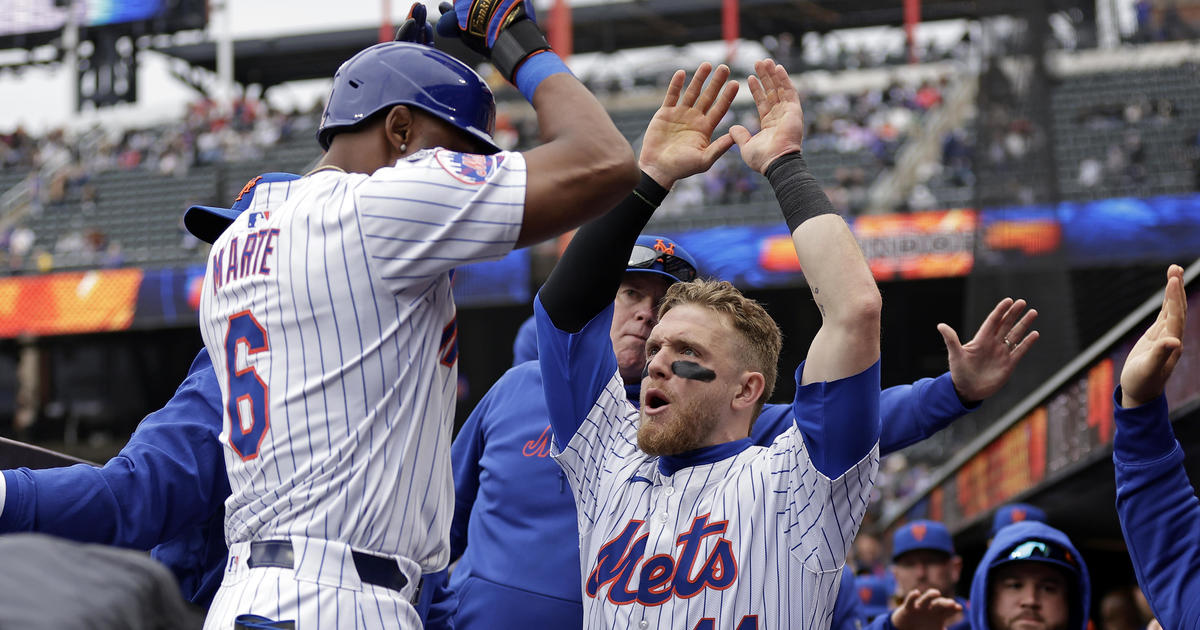Kallas Remarks: Plenty Of Jets Questions
By Steve Kallas
» More Columns
The Jets had another fine season, made an excellent run in the playoffs – and came up short again. But the 24-19 Steeler loss was a winnable game – even after the disastrous start. A number of issues linger, some of which will impact the team in the future.
WHY GO FOR IT ON 3RD AND 17?
Jet fans will remember the situation: Jets are shockingly down, 17-0, very late in the first half. The Steelers kick off and the Jets have the ball, 1st and 10 on their own 33, with 1:53 in the half. The Jets have all three of their timeouts left; the Steelers have one left.
Clearly, on first down, with plenty of time and three timeouts, the Jets have to try and move the ball and make a play. If they were on their own five or ten-yard line, it might be a conversation; that is, maybe the Jets should run out the clock and go in down 17-0 but getting the ball to start the second half.
So the Jets make the right decision. But Sanchez drops back to pass and gets sacked, making it 2nd and 17 on the Jet 26. Time, at a minimum, for a conversation on the sidelines. A conservative coach probably would have run on second and third down, making Pittsburgh use their only remaining time out and then punting the ball away (unless they broke a big running play, impossible in the first half this past Sunday).
But the Jets, if nothing else, like to push the envelope, so, with 1:27 left in the half, they come out on 2nd and 17 and throw the ball down the field. Almost picked off (something that should have given someone on the Jet sideline a clue), the Jets now have another decision: run the ball, make the Steelers lose their final timeout and punt it away, or take another (long) shot at getting the first down.
Surprisingly, not understanding the situation, the Jets call another pass play, the Steelers, not surprisingly, bring the whole team and Ike Taylor strip-sacks Sanchez, William Gay picks up the loose ball and scores a touchdown. 24-0, 1:13 left, for all intents and purposes (despite an excellent comeback), game over.
When to call off your attempt to score (that is, when the risk of trying outweighs the reward of scoring) is a feel thing. On 1st and 10, on your own 33, down 17, you have to take a shot down the field. But when you go backwards and it's 2nd and 17 on your own 26, that's cause for concern and a close call. By the time it's 3rd and 17, it's time to bail and wait for the second half.
Clearly, there was nobody in a position of power on the Jet sideline to weigh the options and come out with the right decision.
Compare it to just a few seconds later. Down 24-0, 1:08 left and with 1st and 10 on their own 30, the Jets moved the ball down the field. They never lost yardage, they never had 2nd or 3rd down and more than 10 (that is, they never had a sack), and they were able to get into field goal position to make it 24-3 at the half.
It's not just about half-time adjustments in the NFL. It's often about the ability to change things and understand what's going on during any particular series of downs. The Jets failed miserably to understand how the risks changed within that set of downs.
And it cost them the game.
TO DEFER OR NOT TO DEFER, THAT IS THE QUESTION.
The Jets, apparently specifically Rex Ryan, decided to defer if they won the coin toss the whole season (we'll get to the one exception in a minute). Probably based on the false notion that the defense this season would be as good as the defense last season, it seemed to make sense.
Except that it didn't. Not only was the defense nowhere near as dominant as last year (maybe because Revis held out, but more likely because the league learned how deal with the Jets blitz packages – confusing last season, easy to deal with this season). In addition, Mark Sanchez was a better QB this season.
So, the defer-every-time theory was flawed from the get-go.
Criticized all season, Rex Ryan, essentially giving in to the critics, finally decided to take the ball when the Jets won the toss. That led to a quick three and out, I believe in the Miami debacle, and Ryan reverted to defer, defer, defer.
Meanwhile, the Jets became the lowest scoring team in the NFL in the first quarter. But that actually makes some sense. If you are going to defer every time, by definition you are going to have the ball much less in the first quarter. You don't have to be a brain surgeon or an NFL head coach to understand that, the less times you possess the ball in the first quarter, the less likely you are to score.
But, again, the Jets coaching staff didn't seem to grasp that, especially with a defense not as good as last season.
Just bizarre.
It wasn't until the Steeler game that it became obvious, even to people without a clue. The Steelers took the opening kick, went on a NINE-MINUTE (9:06, to be exact) drive, and went up 7-0. In addition to the fact that the offense sat for virtually the whole first quarter, the Jets only got the ball once in the first quarter, held it for just under four minutes, punted it away and (again) didn't score in the first quarter.
But that's not surprising.
Like whether to throw the ball on 3rd and 17 in your own territory late in the half, to defer or not to defer is a feel thing. If the Jets didn't know that before Sunday, they learned it on Sunday against the Steelers.
Hopefully, they will get the point and change accordingly.
RUN OR PASS AT THE GOAL LINE?
Jet fans remember the situation: Down 24-10, just under nine minutes left in the third quarter, the Jets have first and goal from the two. They go run, pass, pass, run and don't score. Lots of criticism heaped on the Jets, but this, too, is a feel thing.
I don't think this is necessarily a place to jump all over the Jets (as many have), but know this: if you are going to throw from the two (or frankly, from ANYWHERE on the field), the best down to go play-action is FIRST down, not second, third or fourth.
The other key factor is that, on the third down slant that Sanchez tried to throw, the QB has to see if someone like Lamar Woodley is dropping back into pass coverage; on that particular third down play, Sanchez has to take the ball down and try to make a play elsewhere. He threw it right to Woodley, and the Jets were fortunate not to have the ball intercepted.
Finally, the Jets should have gone with Greene over Tomlinson on fourth down if you are actually going to try and overpower the Steelers up the middle (a virtual impossibility, as well). Frankly, it's unlikely that any back was going to score up the middle against the Steelers in that situation.
Again, live and learn.
WHAT'S THE FUTURE FOR THE JETS?
Well, it's an interesting one, to say the least. The problem for the Jets (collective bargaining issues and roster issues aside) is that they are now in a group of five teams that are very close: the Steelers, the Patriots, the Colts, the Ravens and the Jets.
The Ravens are probably fifth on the list; Joe Flacco may not be the answer and they have an aging, not-as-good-as-they-once-were defense. But the Steelers have it going on on both sides of the ball and will be tough to beat in the next few years.
The Patriots, who always seem to beat the Steelers, have their own issues but, with six draft picks in the first three rounds, their defense, already on the improve, will be very good next season. Tom Brady's broken foot aside (he certainly looked old in the pocket against the Jets), everybody will plug in the Jet win tape to see how they stopped that Patriots vaunted offense. But the Pats won their Super Bowls with excellent defenses and, if their defense gets back near that level, they will be very tough to beat.
The Colts are always a threat with Peyton Manning, but they have to get healthy and reload on both sides of the ball. Their window is closing rapidly.
The Jets have an improving offense and Rex Ryan seemed to understand that, on defense, they will have to dial back the blitzes or they will get burned.
It says here that the Steelers, the Patriots and the Jets are legitimate title contenders with the Steelers and the Patriots getting a slight edge over the Jets. The Ravens and the Colts are on the down side, but still are legitimate AFC threats next season. Of course, whether or not there will be a next season is the biggest question of all.




